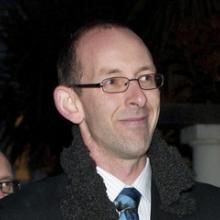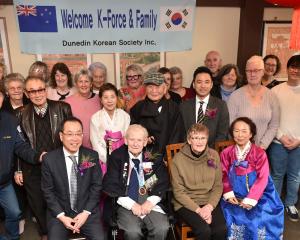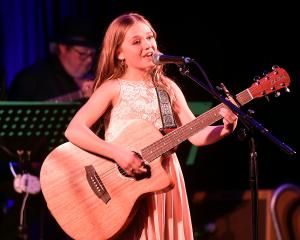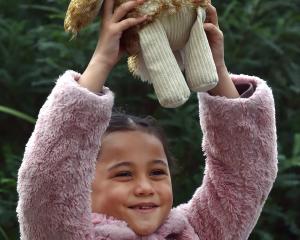
An Australian film-maker is finishing the script of a "true crime drama'' about the Bain family murders in Dunedin.

Abacus Multimedia producer Paul Dobson returned home to Sydney late last month after spending three weeks scouting for locations in Dunedin and Alexandra.
Robin and Margaret Bain and three of their four children - Arawa, Laniet and Stephen - were shot and killed in their Every St, Dunedin, home in 1994.
The only suspects were David Bain, the oldest son and only survivor, and his father.
David, then aged 22, was charged with five counts of murder.
In May 1995, he was convicted on each of the five counts and sentenced to life in prison.
Bain's legal team, guided by supporter and former All Black Joe Karam, successfully appealed to the Privy Council and he was released on bail in 2007.
The retrial in 2009 ended with his acquittal on all charges.
The film, to be called 65 Every Street, would be in three parts - before the murders, from the murders until Mr Bain's arrest and from the arrest until his conviction.
The murder scenes would be filmed from the point of the view of the unidentified killer. The script was based on true events and would not sensationalise the murders, Mr Dobson said.
"Every word in the film is a either a direct quote in official records or was a conversation which we know took place - which has made it quite difficult to write.''
The film ends when Mr Bain is found guilty in 1995 and collapses in the dock.
The legal battle which followed would be detailed in a scrolling credit, Mr Dobson said.
A police spokeswoman said New Zealand Police held "no view'' about the production of the film.
"Any involvement of former staff is entirely a matter for those individuals, and the public affairs department of New Zealand Police has not been advised of participation by any current staff.''
Mr Karam said he had never heard of the film or Mr Dobson.
"I've never heard of him. He's never been in touch with me, so I've got nothing to say.''
He did not think Mr Bain had been told the film was being produced, Mr Karam said.
Mr Dobson said that he had been involved in 45 productions, but this would be the first feature film produced by Abacus Multimedia, which he co-owned.
He was raised in Christchurch and moved to Sydney in 1998.
A feature film had not been made about the crime despite it being "the most important murder story'' in New Zealand history, he said.
He had financial support for the project "in principle'' and was "80%'' confident the film would be made. He hoped filming would begin in Dunedin next winter.
The script included scenes at Larnach Castle, where David Bain attended a Victorian ball, and the old Dunedin prison, where he was held for nearly a year before his first trial. There were also scenes in the Octagon and at the Dunedin Railway Station.
The film would be edited by Aleksander Tranberg in Norway, whom Mr Dobson spent five years studying with in Sydney at the International Film School Sydney and Raffles College.











